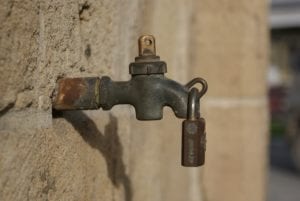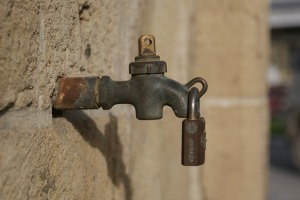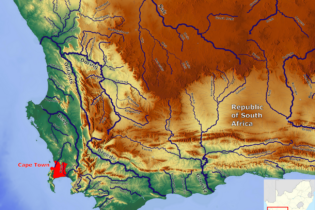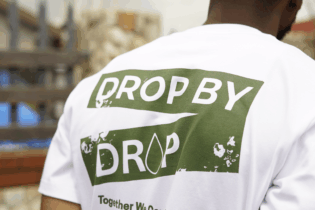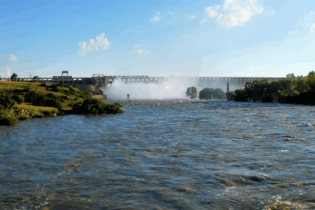As part of mitigating against the situation, the Director-General (DG) of the Department of Water and Sanitation (DWS), Ms Margaret-Ann Diedricks, approved the imposition of water restrictions in May 2016 to be introduced to high level water-stressed areas of the Western Cape.
The DWS has approved 20% water restrictions to be imposed in the supply area of the Berg Water Management Area and some parts of Breede Water Management area. The restrictions will be implemented to both domestic and agriculture. Jointly with other stakeholders, the DWS is implementing short, medium and long term measures to address and mitigate against the situation. These measures, amongst others, include- diversifying the country’s water mix to include groundwater utilisation, rainwater harvesting, re-use of return flows and packaged desalination plants, as well as recycling
- reducing operational risks through proper infrastructure operation and maintenance with associated skills development
- cut down on wastage of water
- implementing water conservation and demand management programmes which include the War on Leaks and Drop the Block interventions
- enable people to report water leaks and pipe bursts by simply pointing the phone and relaying the information to relevant authorities
- encourage people to save water by sharing water saving measures
- input individual meter readings which will be the daily consumption that can also be relayed to the necessary authorities for their reference
- share creative ideas on how to stretch the available water


